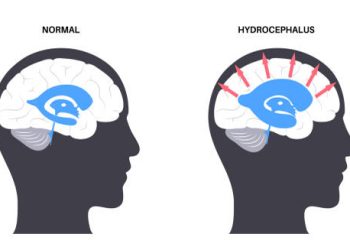Cyclospora – Overview
Cyclospora is a microscopic parasite that causes an intestinal infection known as cyclosporiasis. Found in contaminated food and water, this primarily affects the small intestine, leading to prolonged diarrhoea, abdominal cramps, fatigue, and other gastrointestinal symptoms. In most healthy individuals, the infection is unpleasant but not life-threatening. However, it can be more severe or long-lasting in people with weakened immune systems.
The parasite, Cyclospora cayetanensis, is particularly prevalent in tropical and subtropical regions, making international travellers more vulnerable. Infections typically occur after ingesting oocysts (immature parasite forms) that have been passed in human faeces and have matured in the environment—usually in contaminated water or on fresh produce like herbs, lettuce, or berries.
Cyclospora – Overview
Unlike many other foodborne illnesses, this infection has a longer incubation period of around 7 days, and symptoms may persist for weeks if untreated. Proper hygiene, safe food handling, and avoiding unwashed raw vegetables and untreated water in high-risk areas are essential preventative measures.
In summary, Cyclospora is a food- and waterborne parasite responsible for prolonged gastrointestinal illness. With early diagnosis and appropriate treatment, most people recover fully, though reinfection can occur if exposure continues.
Managing and Treating Infection
Treatment of cyclosporiasis typically involves a course of antibiotics, most commonly trimethoprim-sulfamethoxazole, which effectively clears the parasite from the body. Supportive care, such as maintaining hydration and rest, is important, especially in cases involving prolonged diarrhoea or fatigue. Early medical attention can help shorten the duration of symptoms and prevent complications, particularly in vulnerable populations like children, the elderly, or immunocompromised individuals.
Importance of Awareness and Prevention
Raising awareness of Cyclospora is essential, particularly for travellers and food industry workers. Thoroughly washing fruits and vegetables, drinking bottled or treated water in high-risk areas, and practising good hand hygiene can significantly reduce the risk of infection. Public health monitoring and food safety regulations also play a critical role in preventing outbreaks and ensuring the safety of produce imported from endemic regions.
[Next: Causes of Cyclospora →]


